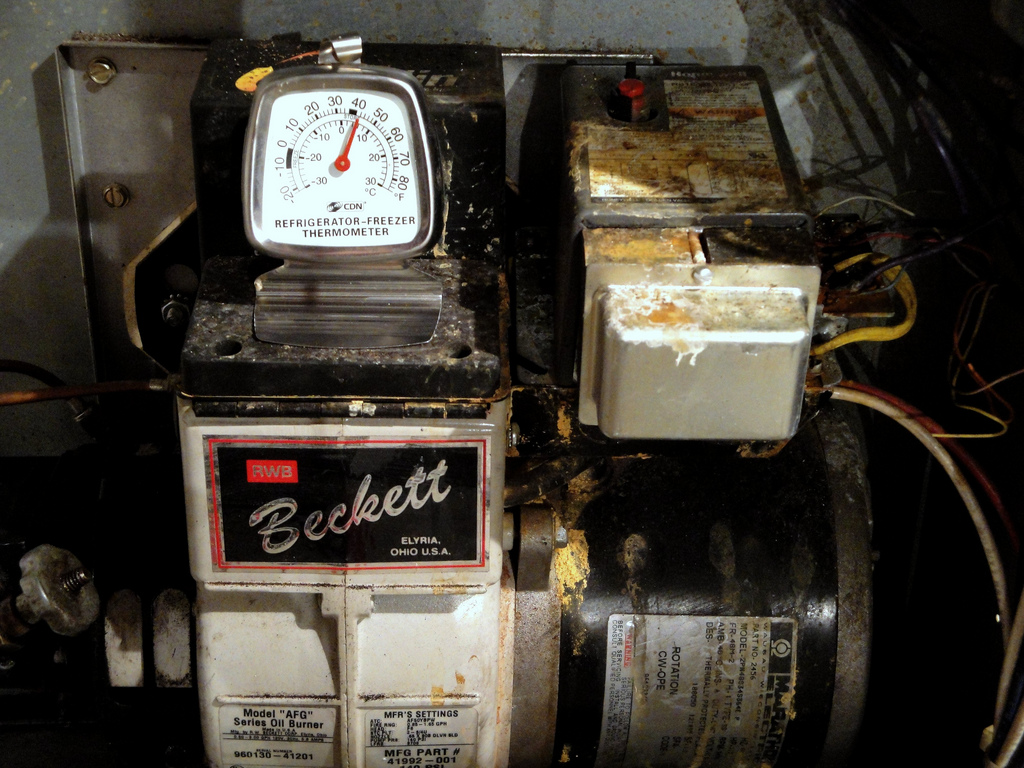Obama’s LIHEAP Request Gets Cold Shoulder From New England Legislators

By Edward Donga
BU News Service
WASHINGTON – President Obama’s latest request for funding for the Low Income Home Energy Assistance Program – LIHEAP – is again meeting with the cold shoulder from legislators representing the cold weather region of New England.
Obama’s budget proposal for fiscal year 2014, released Wednesday, requests $2.97 billion for LIHEAP for the year beginning Oct. 1. That’s a slight decrease from the $3 billion that Obama requested for the current 2013 fiscal year, and is approximately $500 million below the nearly $3.5 billion that Congress approved for this year.
Coincidentally, Obama’s 2014 budget proposal – released more than two months behind schedule, in large part due to last December’s “fiscal cliff showdown” – came on the same day that the National Fuel Funds Network had declared as “LIHEAP Action Day.” As Obama’s budget was being released, more than 100 representatives of the network — a coalition of non-profit groups, government agencies and utilities – were descending on Capitol Hill to lobby on behalf of increased LIHEAP funding.
“I am deeply disappointed by President Obama’s proposed cuts to LIHEAP,” Sen. Jeanne Shaheen, D-N.H., a frequent ally of the president’s, said in a statement Wednesday. “If enacted, they would have serious consequences for New Hampshire’s most vulnerable citizens who struggle with home energy costs.”
Added Shaheen, “I understand and support efforts to reduce the deficit, but given the economic climate and the rising cost of oil, cutting this critical source of assistance is the wrong way to move forward.”
During a budget briefing Wednesday, Department of Health and Human Services officials released figures conceding that New England states would see significant drops in LIHEAP assistance under Obama’s 2014 budget proposal.
Connecticut would drop from an estimated $80.4 million in the current fiscal year to just over $66 million in fiscal 2014. The comparable declines from fiscal 2013 to fiscal 2014 for other New England states would be: Maine, from $38.8 million to $31.2 million; Massachusetts, from $141 million to $112.9 million; New Hampshire, from $26.2 million to $20.9 million; Rhode Island, from $25.4 million to $20.7 million; and Vermont, from $19.7 million to $15.7 million.
A spokesman for Sen. Susan Collins of Maine, one of the two Republicans in the New England congressional delegation, said Collins is working with a Democratic colleague, Sen. Jack Reed of Rhode Island, to increase LIHEAP funding when Congress considers annual appropriations for fiscal 2014.
In a letter sent to the president last December, prior to the end of the last Congress, 40 senators requested that funding for LIHEAP in fiscal 2014 budget be set at no less than $4.7 billion, close to the program’s high water mark in fiscal year 2010 – when $5.1 billion was approved by Congress.
Besides Collins, Reed and Shaheen, the signers of the December letter who continue to serve in the current Congress include Sens. Kelly Ayotte, R-N.H.; Patrick Leahy and. Bernard Sanders, both D-Vt.; and Richard Blumenthal, D-Conn.
“As supporters of the LIHEAP program we are very cognizant of the challenges that our discretionary budgets faces in FY14,” the senators wrote to Obama. “However, we are deeply concerned that funding for the program has declined 32 percent in recent years…at the same time the number of households eligible for the program continues to exceed those receiving assistance.”
Sen. Elizabeth Warren, D-Mass., who was sworn into office in January, added in a statement Wednesday: “Anyone who has lived through a cold New England winter knows how important it is to keep our homes heated. Families in Massachusetts rely on LIHEAP for assistance with basic energy bills, and I am committed to supporting and strengthening the LIHEAP program.”
While primarily targeted at cold-weather states, LIHEAP provides aid to assist low-income families in the Sun Belt deal with cooling costs during the summer. To be eligible for assistance, a family’s income must be at or below 150 percent of the federal poverty level or 60 percent of a given state’s median income.
Tags: assistance, Bills, cold, energy, fiscal cliff, heat, income, law, LIHEAP, Massachusetts, povery
Leave a Reply